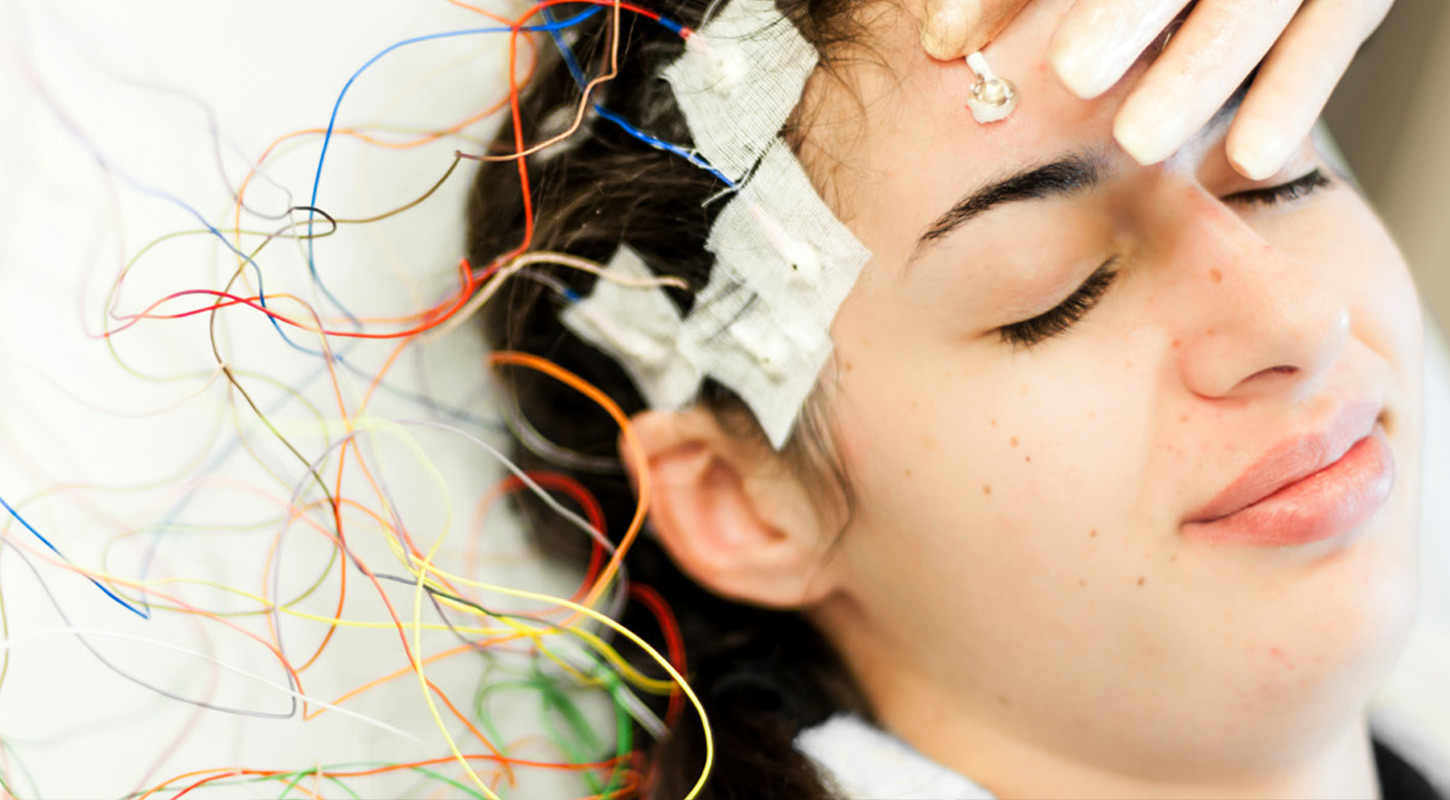Introduction
Epilepsy is a neurological disorder characterized by recurrent seizures, affecting millions of people worldwide. While traditional antiepileptic medications can effectively manage seizures in many cases, some individuals continue to experience seizures despite treatment. This has led to a growing interest in alternative treatment options, such as CBD (cannabidiol). CBD, a non-intoxicating compound derived from the cannabis plant, has shown promising potential in the management of epilepsy. This comprehensive guide explores the use of CBD as a treatment for epilepsy, including its mechanisms of action, scientific evidence, legal considerations, dosage guidelines, potential side effects, and considerations for patients and healthcare providers. By understanding the current landscape of CBD treatment for epilepsy, individuals can make informed decisions about its use as a potential therapeutic option.
Understanding Epilepsy
To comprehend the potential benefits of CBD in epilepsy treatment, it is crucial to understand the nature of epilepsy itself. Epilepsy is a complex neurological disorder characterized by abnormal electrical activity in the brain, resulting in seizures. Seizures can vary in intensity and manifestation, ranging from mild sensory disturbances to convulsions. Epilepsy can have a significant impact on an individual’s quality of life, affecting various aspects, including physical, emotional, and social well-being.
CBD: Mechanisms of Action and Potential Benefits
CBD interacts with the body’s endocannabinoid system, which plays a role in regulating various physiological processes, including neuronal activity. The exact mechanisms by which CBD exerts its antiepileptic effects are not fully understood. However, preclinical studies and anecdotal evidence suggest that CBD may modulate neuronal excitability, reduce inflammation, and enhance inhibitory neurotransmission. These effects may contribute to the potential antiepileptic properties of CBD.
Scientific Evidence and Clinical Trials
Clinical research investigating the use of CBD in epilepsy has shown promising results. In particular, CBD has demonstrated efficacy in certain forms of epilepsy, such as Dravet syndrome and Lennox-Gastaut syndrome, which are often resistant to traditional antiepileptic medications. Several clinical trials have shown a reduction in seizure frequency and improved seizure control in patients treated with CBD. However, it is important to note that further research is needed to fully understand the long-term effects, optimal dosing, and potential interactions with other medications.
Legal Considerations
The legal status of CBD varies across different countries and regions. In some jurisdictions, CBD is legally available for medical purposes, including epilepsy treatment, while in others, it may be subject to restrictions or not yet legalized. Patients and healthcare providers should be aware of the legal framework in their specific region and ensure compliance with local regulations when considering CBD as a treatment option.
Dosage Guidelines and Administration
Determining the appropriate dosage of CBD for epilepsy treatment requires individualized consideration. Factors such as the patient’s age, weight, seizure type, and overall health must be taken into account. Starting with a low dosage and gradually increasing it while closely monitoring the response is generally recommended. CBD is available in various formulations, including oils, capsules, and oral solutions. Each formulation may have different bioavailability and absorption rates, affecting the dosage and administration.
Potential Side Effects and Interactions
CBD is generally well-tolerated, but it can cause side effects in some individuals. Common side effects include fatigue, diarrhea, changes in appetite, and changes in liver enzyme levels. CBD may also interact with certain medications, potentially affecting their metabolism and efficacy. It is crucial for patients to consult with their healthcare providers before initiating CBD treatment to assess potential risks and benefits and to monitor for any adverse effects or interactions.
Considerations for Patients and Healthcare Providers
Patients considering CBD treatment for epilepsy should engage in open and honest communication with their healthcare providers. Healthcare providers play a vital role in guiding patients through the decision-making process, providing accurate information, and monitoring their response to treatment. Collaborative discussions should take into account the patient’s medical history, current treatment plan, potential drug interactions, and individual circumstances.
Conclusion
CBD treatment for epilepsy represents a promising avenue in the management of this complex neurological disorder. While scientific evidence suggests potential benefits, it is crucial to approach CBD treatment with caution, ensuring compliance with legal requirements and seeking guidance from healthcare providers. CBD should not be considered a replacement for traditional antiepileptic medications but rather a complementary or alternative option for individuals who do not adequately respond to conventional treatments. Continued research, awareness, and responsible use of CBD will contribute to a better understanding of its role in epilepsy management and improve the quality of life for those living with epilepsy.
- Bath Bomb By Hitbalm-Comprehensive Review of the Ultimate Bath Bomb - October 2, 2023
- E-Liquids By Glowbar-Cloud Chasing and Flavor Exploring: My E-Liquid Odyssey with Glowbar London - October 2, 2023
- CBD Treatment for Epilepsy - July 6, 2023

